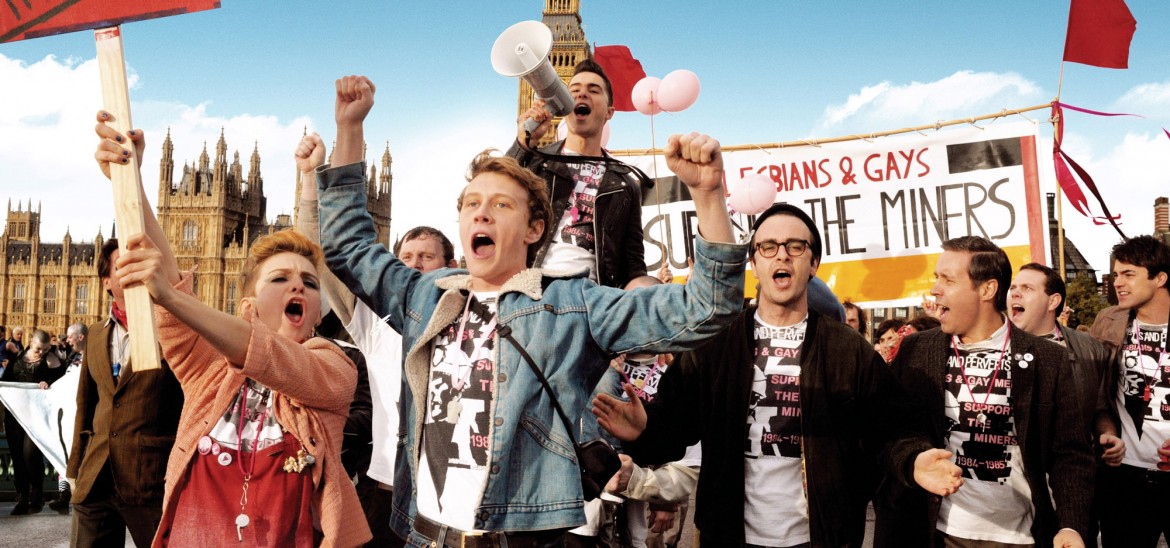Into Film Clubs
Find out everything you need to know about starting an Into Film Club.



I still get a shiver of excitement after watching a film that tells the stories of LGBT people. It's hard to describe what's contained in that excitement. It's something like a relief in recognition. Seeing the stories of people I can relate to, or that I share a community and history with, and that are fully realised and not silenced, coded or tainted with tragedy still doesn't cease to invigorate me.
The current landscape for diversity across identities in film shows there is still a lot of work to be done before the stories we see on screen fully convey the stories of the audiences in the cinemas. When discussing the importance of any minority's representation in entertainment, an unfortunate way the conversation can go is that of 'box ticking' - the "we need more diversity, lets meet the quota" line of thinking. There are many ethical reasons entertainment should represent LGBT people, but there are also creative and emotional reasons. LGBT people have interesting stories. LGBT people cross all identities. Why would you not explore their lives and histories as the subject of film?
As the Into Film Festival demonstrates, film is a powerful tool for education. At Stonewall we know how impactful film and television can be for people - young people in particular - who experience LGBT bullying or are struggling to find perceptions of themselves.
Pupils who are taught positively about lesbian, gay and bisexual issues are also much more likely to feel part of their school community (87% compared to 55%) and to feel that their school is 'an accepting, tolerant place where I feel welcome' (94% compared to 64%).
The School Report, 2012
LGBT people are an oppressed group, and there is tragedy in our history and in our present day. But there is also so much joy, innovation and spirit in who we are and what we've accomplished. To disproportionately have stories of woe is to participate in a silencing of our history and lived lives. To disproportionately feature narratives where LGBT characters meet untimely demise, to further a plot point, is to literally render that character, and their community, disposable.
There are a number of great films which represent LGBT people and their stories with intelligence and sensitivity. A few of my personal favourites are Carol, Pride, and A Beautiful Thing. Carol allows me to imagine that I could have found love in the 1950s; Pride inspires me to make a difference across communities; and A Beautiful Thing is what it says on the tin, a really beautiful first love story. The resilience portrayed in these films helps us to honour the people who came before us and makes the battles we still fight today seem all the more achievable.
Viewing 4 of 5 related items.

Find out more about our streaming service, designed specifically for UK schools.